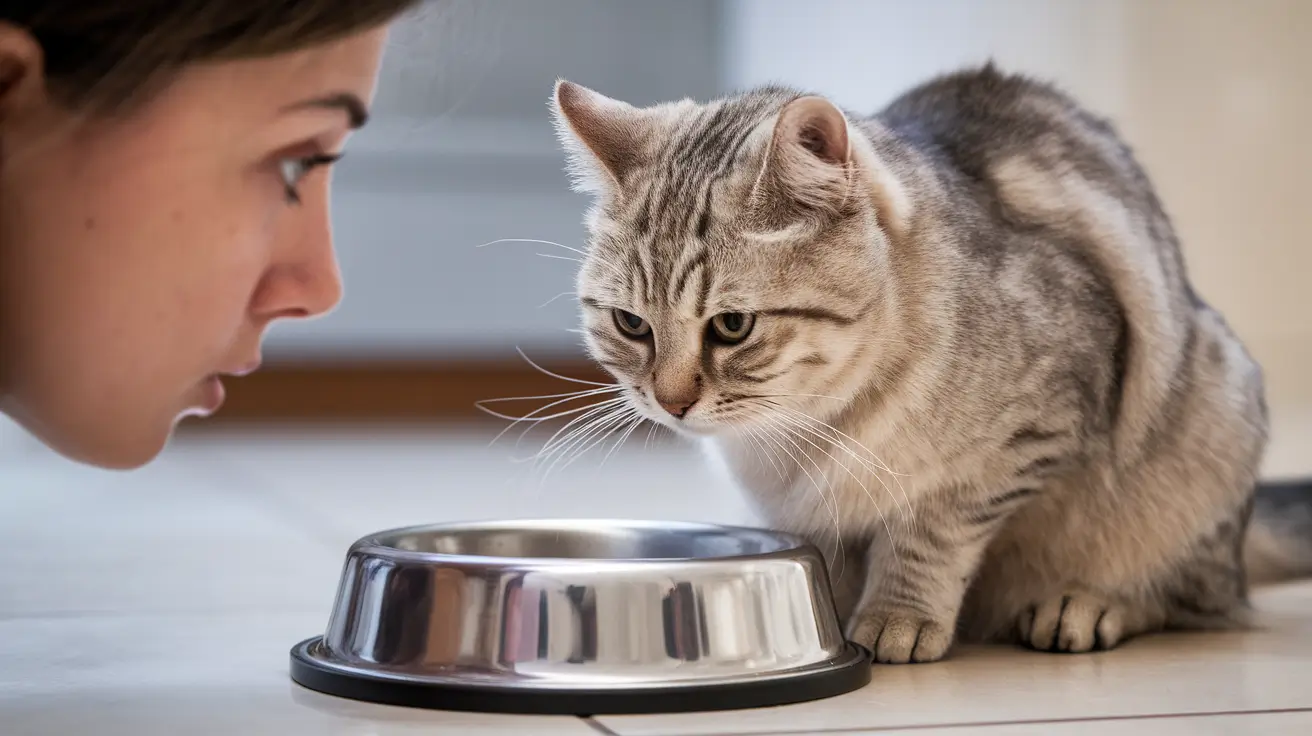Introduction to Feline Digestive Disturbances
Cats, like all animals, can experience digestive disturbances, with vomiting and regurgitation being among the most common. Recognizing and understanding these conditions is crucial for ensuring the health and well-being of your feline companion. While these phenomena may appear similar, they have distinct causes and implications, necessitating different approaches to care and management.
Understanding Vomiting: An Active Process
Vomiting in cats is an active and often distressing process that involves the stomach and small intestines. It is typically accompanied by signs of nausea, such as drooling and retching. The appearance of vomit can vary significantly, offering clues to the underlying cause. For instance, bile may be present when the stomach is empty, blood may indicate ulcerations, white foam can be a sign of inflammation, and clear liquid might suggest excessive water intake.
Exploring the Causes of Vomiting
Vomiting in cats can be attributed to a variety of gastrointestinal and non-gastrointestinal factors.
Gastrointestinal Factors:
Dietary indiscretion, such as consuming spoiled food or toxins, is a common cause of vomiting. Additionally, the ingestion of foreign objects like hairballs or small toys can lead to this condition. Chronic ailments, including inflammatory bowel disease, pancreatitis, cancer, hyperthyroidism, kidney disease, diabetes, constipation, intestinal parasites, and liver disease, also have strong links to vomiting.
Non-Gastrointestinal Factors:
Certain medications can induce vomiting as a side effect, as can infections affecting the inner ear or caused by bacteria or viruses. It is essential to consult a veterinarian when these symptoms arise to determine the appropriate course of action.
Symptoms and Diagnostic Approaches
Vomiting in cats is often accompanied by additional symptoms such as changes in appetite, constipation, diarrhea, sneezing, excessive drinking, or inappropriate elimination. These signs should be communicated to a veterinarian, who may perform a physical examination, check for abnormalities, and conduct tests like blood work, urinalysis, fecal exams, and imaging to pinpoint the cause. Treatment options vary based on the diagnosis and may include dietary adjustments, medications, and supportive care.
Regurgitation: A Passive Process
Regurgitation differs from vomiting in that it is a passive process. It involves the expulsion of undigested food from the esophagus, without the involvement of the stomach or the abdominal contractions seen in vomiting. Cats typically do not experience nausea with regurgitation, and the material expelled often resembles undigested food, sometimes accompanied by slimy saliva or water.
Causes of Regurgitation in Cats
Several factors can lead to regurgitation in cats. Eating too quickly, the presence of hairballs, and stress or anxiety during feeding are common behavioral causes. Environmental factors, such as serving cold food or excessive water intake after meals, can also contribute to this condition.
When to Seek Veterinary Care
While occasional regurgitation may not be alarming, frequent or persistent episodes, especially if accompanied by lethargy, weight loss, or other concerning symptoms, warrant immediate veterinary attention. Such occurrences could indicate serious health issues like esophageal obstructions or congenital abnormalities, which require professional intervention.
Conclusion: Distinguishing Between Vomiting and Regurgitation
Understanding the key differences between vomiting and regurgitation is vital for effective pet care. Vomiting is an active process often linked to underlying health issues, whereas regurgitation is typically a passive process related to eating habits or minor digestive concerns. By recognizing the symptoms and causes of both conditions, cat owners can make informed decisions and seek timely veterinary advice to ensure their pet's health and well-being. Monitoring your cat's behavior and consulting with a veterinarian when necessary is essential for maintaining their overall health.






